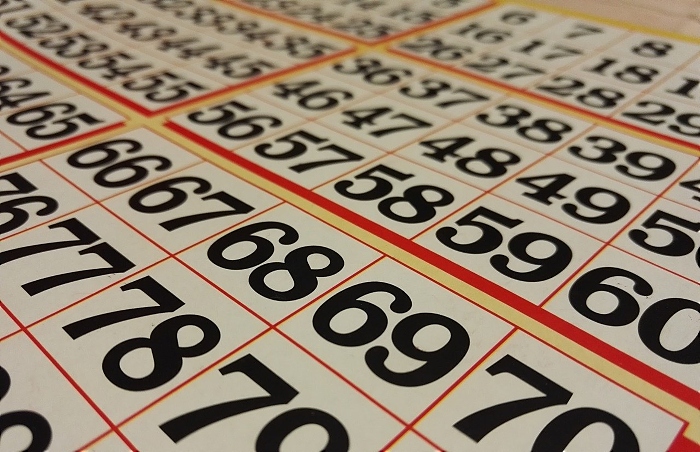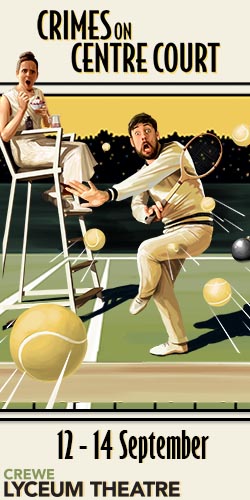
With the charity bingo club in Hough Village relaunched in 2019, the doors to the beloved game opened again, now for both newbies and seasoned players.
But did you know that our love for bingo can be traced back to five centuries ago, during the reign of Elizabeth I, as a form of lottery?
Today, we’re taking a look back at the history of Britain’s favourite game.
Bingo as Lottery
After it was introduced to affluent society, bingo quickly became more popular amongst the rest of the British people.
However, this growth took a halt in 1649, when the Puritans banned their constituents from playing.
Fortunately, when Charles II took over the throne in 1660, what was once a game embraced by the majority of the population became a business as well — one that reaped huge profits.
After 50 years, the game started to resemble bingo, with its first organisers and players being working women.
This occurred simultaneously with the British government promoting the state lottery to increase government income.
Bingo During the War
Over time, the game served as a means of pooling funds for the armed forces, especially during the First World War.
That is despite it being banned once again eight years earlier, when the people were prohibited to play for money.
Moreover, it became a sought-after pastime for the military, offering both entertainment and additional income.
Many of those who returned from the war continued playing, although then it was still called housey-housey by the Army and tombola by the Navy.
But by 1929, it was finally christened with the name Bingo.
A Golden Age of Bingo
With its popularity not dwindling even in the slightest, bingo became a widely enjoyed social activity, although it was only in 1960 when the Betting and Gaming Act finally permitted commercial bingo halls to be built.
The game was also introduced as a fundraiser for charity and community works, including the building of a cathedral in Liverpool.
As the first bingo halls opened, more and more people wanted to be members.
Some of these were celebrity regulars, who, with their presence and influence, managed to propel the game to even greater heights.
There were also constant press releases that talked about wins, cash prizes, and other rewards like paid holidays, jewelry, and dishwashers!
One of the earliest bingo clubs, Mecca Bingo is still very much operational to this day, even launching a donation campaign last Christmas 50 years after its establishment.
This is a concrete testament to our love for Bingo in and out of Nantwich.
The Rise of Online Bingo
With the prevalence of online gaming, the shift to online bingo is not surprising at all.
This development eliminated the limitations of time and space and allowed players to connect with fellow bingo enthusiasts through chat rooms and play to their hearts’ content.
Plus, it is evident by looking at the Gala Bingo platform that today’s bingo players are spoiled for choice when it comes to all the different games at their disposal.
Not only are 90, 75, 50, and 45 ball versions available, but exciting themed rooms also await players looking for unique twists to the game in titles like Deal or no Deal Bingo and Coronation Street Bingo.
These digital versions of the game are breathing new life into the game, especially as traditional bingo halls had been declining even before the pandemic.
But despite the hurdles, the spirit of bingo is still alive and well — just evolving in shape and form over the years.
And recent iterations have only brought about a resurgence of bingo, as seen in the relaunching of the Hough bingo hall.
Indeed, the development of bingo throughout the history of Britain has shown that it will always be an intricate part of the nation’s culture.
What started as a pastime became a prominent social activity that served both individuals and the community.
Moreover, its flexibility in adapting to the times is further proven by its well-received virtual existence.
No matter how many years pass, it’s clear that Bingo will remain a significant part of British culture and tradition.





















Recent Comments